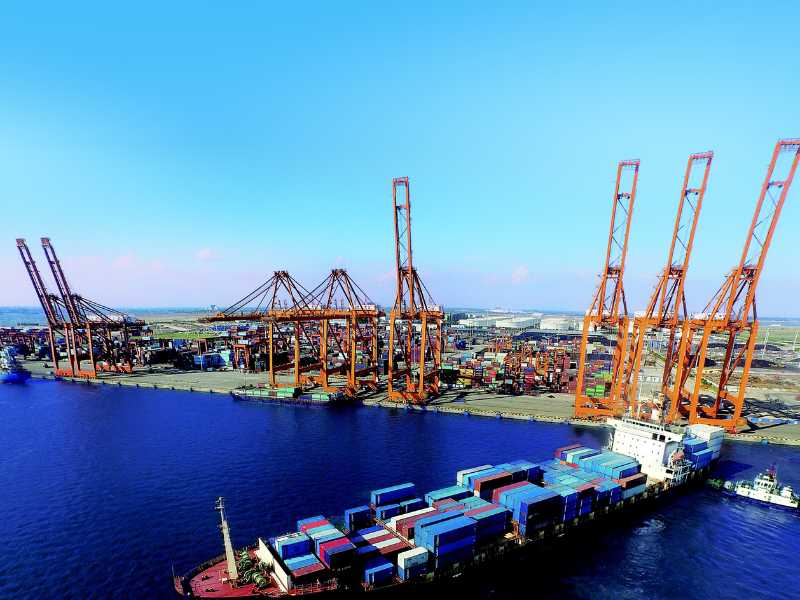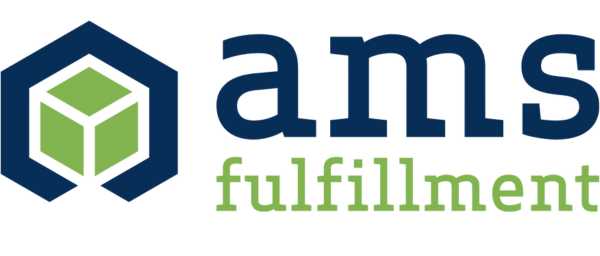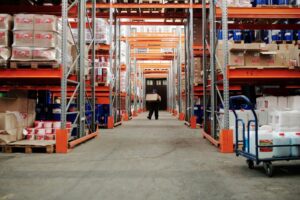What are Foreign Trade Zones?
A Foreign Trade Zone (FTZ) is an area designated by the United States government as exempt from some of the normal requirements of US Customs. Importers can increase their cash flow, global logistics efficiency, decrease wasteful or unnecessary logistics costs, and keep their options open by taking advantage of several perks.
Companies can import goods duty-free into Foreign Trade Zones in the United States for the purposes of storing them or assembling them into finished products that can then be exported duty-free without paying the US import/export surcharges. Products that do not conform to US import regulations can also be brought into an FTZ for modification and repackaging.
What Is a Foreign Trade Zone?
U.S. Customs treats foreign and domestic merchandise the same as if it were outside of U.S. commerce when it is located in a designated, secure area called a Foreign Trade Zone (commonly known as an FTZ) that has been authorized by the federal government.
Many businesses take advantage of FTZs so that they can put off paying import duties and taxes until later, or in the case of re-exporting cargo, completely avoid them because the goods are not considered to have entered the US consumption area. FTZs can be operated by both public and private entities.
Products of all kinds can be stored in FTZs duty-free and without any additional value-added taxes being applied. In most cases, importers, manufacturers, and wholesalers incur additional expenses to clear foreign cargo through Customs and pay US Customs duties when it arrives on US soil. The goal of the tax cuts and reductions in tariffs is to make it easier for companies based in the United States to participate in international trade, which will in turn increase the number of jobs and investment opportunities in the economy.
U.S. Customs and Border Protection, a part of the United States Homeland Security Council, is responsible for regulating and monitoring FTZ operations. Foreign Trade Zones (FTZs) are located on American soil despite being outside of US Customs territory. Because of this, all transactions and business operations within FTZs must comply with applicable federal, state, and local laws and regulations. Items that violate copyright, trademark, or patent laws are not permitted entry. There are also animal quarantine regulations in place.
While these goods are in a Free Trade Zone (FTZ), they are exempt from Customs entry regulations and duty payments required by the United States.
Where Are Foreign Trade Zones?
Designated Foreign Trade Zones are located within 60 miles of a port of entry. A foreign-trade zone is an area within the borders of the United States where businesses can take advantage of tax breaks and other concessions from the government to import and export goods and services from other countries.
Subzones and usage-driven sites are designated for a particular business or activity. A zoned location cannot be used for zone activity until the entire location, or at least a designated portion thereof, has been approved for FTZ activation by local U.S. Customs and Border Protection (CBP) officials, and the zone activity continues to be supervised by CBP. The local, state, or federal government continues to have authority over FTZ sites and facilities.
There are FTZs across the country, but the ones with the highest export activity are located in Texas, Louisiana, California, and South Carolina.
How Do Foreign Trade Zones Work?


The US FTZ Board and US Customs and Border Protection (CBP) oversee Foreign Trade Zones, which are designated areas within a 60-mile radius of a U.S. port of entry. However, there are two distinct categories of FTZs in operation today: general purpose and special purpose zones.
General purpose Free Trade Zones (FTZs) are ideal for businesses that need a secure location to store finished goods, equipment, parts, or other goods. Companies can rent storage space in these warehouses on an as-needed or ongoing basis, depending on their requirements.
Some businesses, such as those engaged in manufacturing, oil refining, and distribution, are eligible for special purpose Foreign Trade Zones (FTZs) or “subzones,” which are designed to meet their unique requirements. Because of the high costs associated with operating in a subzone FTZ (including construction, upkeep, and security), only larger businesses typically benefit from applying for subzone status for their facilities.
Any goods that are not specifically banned from entry into the United States may be imported into an FTZ supervised by the Foreign Trade Zones Board. Products can be assembled, exhibited, cleaned, mixed, processed, relabeled, repackaged, salvaged, repaired, sampled, tested, and displayed in a free trade zone.
Any activity that results in a change in the customs classification or eligibility for entry into the U.S. for consumption of a foreign article, or that otherwise constitutes production, requires the express authorization of the FTZ Board. In Foreign-Trade Zones, businesses cannot engage in retail trade.
6 Benefits of FTZs
FTZs bring a variety of benefits to both the individual company and the public as a whole. Benefits can include:
1. Deferred or Eliminated Duties
One benefit of importing into a Free Trade Zone (FTZ) is that duties are deferred or eliminated until the goods leave the zone because FTZs are not subject to Customs regulations. Duties can be deferred or avoided altogether if a business reassembles or manufactures goods in the interim before importing them or before re-exporting them to the United States.
2. Inverted Tariff Relief
By removing the effective penalty of Inverted Tariffs, Foreign-Trade Zones encourage businesses to keep more production within the United States. The term “inverted tariffs” describes the penalty that is effectively imposed on American manufacturers when they import components for use in the production of goods destined for export and sale outside of the United States.
It is often cheaper to produce goods abroad because individual components are subject to higher tariffs than the final product.
3. Inventory Tax Relief
Known also as “inventory tax,” the Ad Valorem Tax is levied on already-existing stock. If goods are stored in a Free Trade Zone (FTZ), they can avoid US import taxes until they are moved onto US soil for final consumption. As a result, landed costs may be reduced significantly.
4.No Import Tax on Damaged or Defective Inventory
Before returning to US commerce, damaged or defective goods can undergo inspection, repairs, repackaging, or removal in a Free Trade Zone (FTZ). Products that are damaged or defective can be destroyed within the zone without having to pay import taxes. Keep in mind that US Customs and Border Protection must authorize any such manipulations within a Foreign Trade Zone.
5. Export Requirements
Foreign trade zones in the United States allow for the elimination of import duties on finished goods and parts that are imported into the country to be exported. There are many advantages to using a foreign trade zone as an export distribution center to help push products into international markets.
6. Benefits to the Public
Beyond helping the companies using FTZs, they can benefit the general public as well. Some of the public benefits can include facilitating international trade, promoting exports, helping U.S. businesses compete with foreign manufacturers, encouraging retention of domestic businesses, enhancing economic development programs at a local or state level (in addition to federal economic development), and creating new jobs or increasing retention at existing companies.
Why Use a Foreign Trade Zone?
Foreign Trade Zones are used by multinational corporations to keep their American operations competitive with those of their foreign rivals. Having zone status allows you to avoid some of the expenses typically incurred by running a business out of the United States.
When foreign cargo arrives on US soil, it is typically subject to clearance through Customs and immediate payment of US Customs duties, so importers, manufacturers, and distributors can benefit from time and money saved by avoiding these processes. With these tariff and tax cuts, the United States government hopes to encourage domestic and foreign businesses to engage in international trade, which will in turn generate and preserve jobs and investment opportunities.
AMS Fulfillment Has FTZ Designation


AMS Fulfillment has been designated as a modified foreign trade zone, which is equivalent to an inland port of entry for clients that import merchandise through U.S. Customs. This designation resulted from the City of Palmdale’s extension of its foreign trade zone boundary to a 60-mile radius.
The designation allows us to receive shipments of products without our clients having to pay customs duties until the product leaves the AMS warehouse. What this means for you is you can combine order fulfillment, inventory management, and effective warehouse strategy with the benefits of FTZs and the lower costs that come along with that.
We have the experience and infrastructure to process orders of any size promptly and accurately thanks to our rigorous quality assurance procedures in our FTZ-designated warehouse in California. Every day, our facilities on both coasts process over 25,000 orders.
Contact Us at AMS Fulfillment today to learn more about our shipping services and how we can help you get your orders to clients in the United States and throughout the world swiftly and correctly.
GET IN TOUCH
Learn how AMS Fulfillment can help your business navigate FTZ.
LET’S CONNECT





